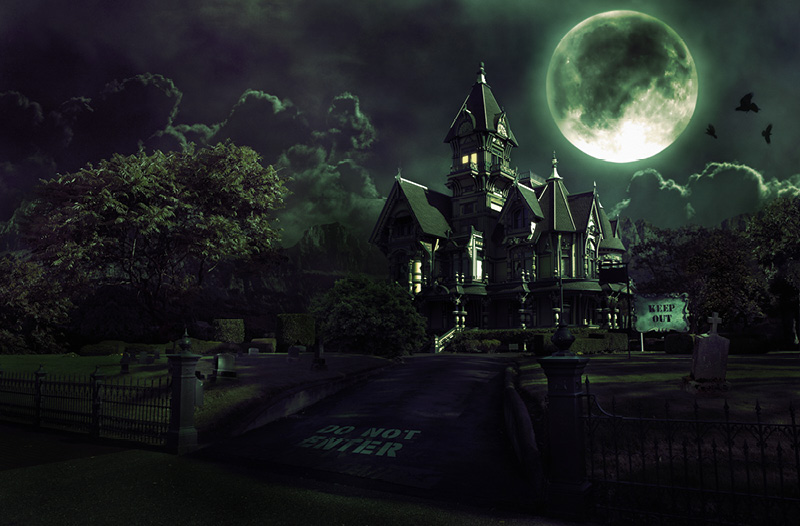
The Revival of Nuclear Energy

In recent months, the fate of nuclear energy has undergone a remarkable turnaround. Nuclear power facilities throughout Europe that were set to close have been given an 11th-hour reprieve as sanctions against Russia and the destruction of the Nord Stream pipeline turned post-pandemic energy shortages into a full-blown energy crisis.
“We are seeing a revival of nuclear energy in Europe,” says Pawel Kowalewski, head of energy, power and mining at Greco Specialty. “For example, Poland has announced three big-scale, third-generation-plus (Gen III+) projects with capacity in excess of 50 small module reactors. There’s a huge increase in interest also from other countries in the region.”
Japan aims to restart many of its nuclear reactors, which have sat idle since the Fukushima Daiichi nuclear disaster in 2011. After launching plans to lessen its reliance on nuclear energy, France has announced plans to build six new reactors and a dozen additional small modular reactors. Similarly, the United Kingdom has unveiled an ambitious proposal to construct 16 small modular reactors and eight new reactors.
“One of the positive aspects of nuclear energy is that it has the ability to provide a base load—which is critical for the stability of electric power systems—by generating a stable energy output,” Kowalewski says. “Since grids in the EU are interconnected, we have to look at the whole region. If there is a serious deficiency in the grid system—either too much energy or too little—then you have a blackout.
“A blackout would bring about unthinkable consequences to any country or region, and, unfortunately, classical renewable sources or technologies—such as gas, photovoltaic or solar energy—are not capable of generating base loads. So the base load will still have to be generated by other technologies, the leading one being nuclear.”
To succeed, the nuclear sector will need to evolve in important ways to play a major role in addressing energy security and climate challenges. Additionally, current nuclear technologies are complex and require highly trained personnel to maintain and operate. Moreover, the large amount of fissile material in the core of a reactor depends on a multiplicity of active systems to ensure safe operations. For many countries new to nuclear power, sophisticated regulatory action would be required to ensure the plants are operated safely.




